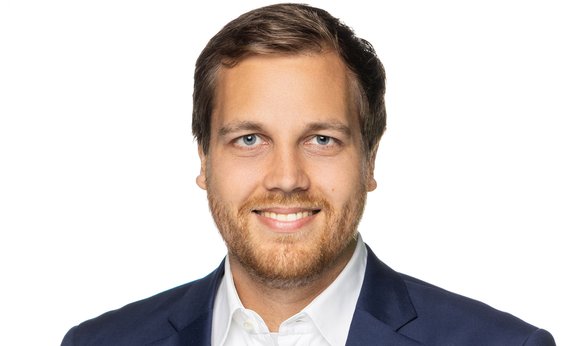Thomas Lindner not only represents the first ever professorship in the field of International Management at the University of Innsbruck, but also brings a fresh perspective to his research area, which is still considered a unique selling point in International Management. "Among other things, I am investigating how the use of digitalization methods affects companies. Because, most theories in business administration are based on the fact that people are not good at making difficult decisions under incomplete information. Therefore, solution approaches have evolved that greatly simplify complex issues. Through modern data analysis techniques and also through artificial intelligence, the conditions are changing – heuristics no longer need to be so simplified", Lindner explains. As a result, many theoretical assumptions that are currently status quo in business administration may continue to develop. The fact that he is thus at the beginning of a broad field of research is very convenient for the new professor: "I like to deal with complex issues and try to solve them. That's what drives me in my work."
Improving economic forecasts
In addition to researching the impact that data science methods have on businesses, Thomas Lindner also uses them to improve research methods. Currently, for example, he is working on a project with the Austrian National Bank (ÖNB) to improve forecasts of Austria’s gross domestic product (GDP). In particular, this should make it possible to better predict the foreign profits of Austrian companies in the future. "Although around 50 percent of value added in Austria depends on economic activities abroad, there have been no possibilities to make forecasts at the company level – and certainly not for Austrian subsidiaries abroad –until now due to a lack of software and hardware", says Lindner, describing the initial situation. To change this in the future, he is therefore focusing on two points: First, he is revising the granularity of the data and the data analysis, and second, he is incorporating current literature on understanding international business activities into his calculation models. The fact that reliable predictions have hardly been possible in this area to date also has an impact on media coverage of business relocations and investments abroad. Lindner therefore also sees it as his task to communicate the results of his research: "As part of my professorship at the University of Innsbruck, I would like to inform both companies and the public about the state of knowledge in science, and contribute to the public debate."
Microscope for data analysis
The need for experts like Lindner in international management is demonstrated by another paper just published that examines the influences on companies at a wide variety of levels. "Companies act for themselves, but at the same time they are embedded in political, social and geographical circumstances. The challenge here is how to manage to actually see only what you want to see", says Lindner, explaining the problem. Together with colleagues from the U.S. and Austria, Lindner has therefore tried to isolate the company effects from the environment effects in order to obtain a microscope for data analysis, so to speak. "The statistical method we worked with here is not new. The basics have been known and widely used since the 1950s. But we looked at what it means for our discipline if we consistently separate the different levels", Lindner explains. Working in an interdisciplinary way is a matter of course for the new professor. In his research, he works largely with various economic theories from the fields of finance, business administration and management.
Programming skills essential
Thomas Lindner spends about half of his research time writing code – mostly in the scripting language R, which the University of Innsbruck was instrumental in developing with statistician Achim Zeileis. "I'm not a programmer, but in empirical, quantitative business administration, it's almost a must to have some programming knowledge", Lindner says. He has already been teaching the course Business and Data Analytics for several years, starting in the upcoming winter semester for students of the Masters in Strategic Management and Innovation at the University of Innsbruck. The fact that these skills are also becoming increasingly important on the job market outside of research is shown by the significant increase in data analysis departments in companies, says Lindner.
More similar than expected
His affinity for the above methods is partly to his physics degree, which Lindner completed alongside his business studies. Although this combination seems unusual at first, physics and economics are not opposites for him: "The methods in physics and business administration are even more similar than many might assume. Machine learning methods are central methods in empirical work in both physics and economics. Especially in finance, there are theories that come largely from statistical physics. There, to put it simply, the variable temperature has been replaced with the variable stock price." The physicist and business economist is well aware that this is often criticized because the underlying mechanisms are completely different. Although his scientific work now revolves exclusively around international economic contexts, Thomas Lindner also remains true to physics. For example, he organizes physics competitions for school students in the AYPT association, and is at least sometimes glad that he is no longer deeply involved with physics: "If you don't constantly deal with the topic, then you notice that you're getting a bit out of shape."

